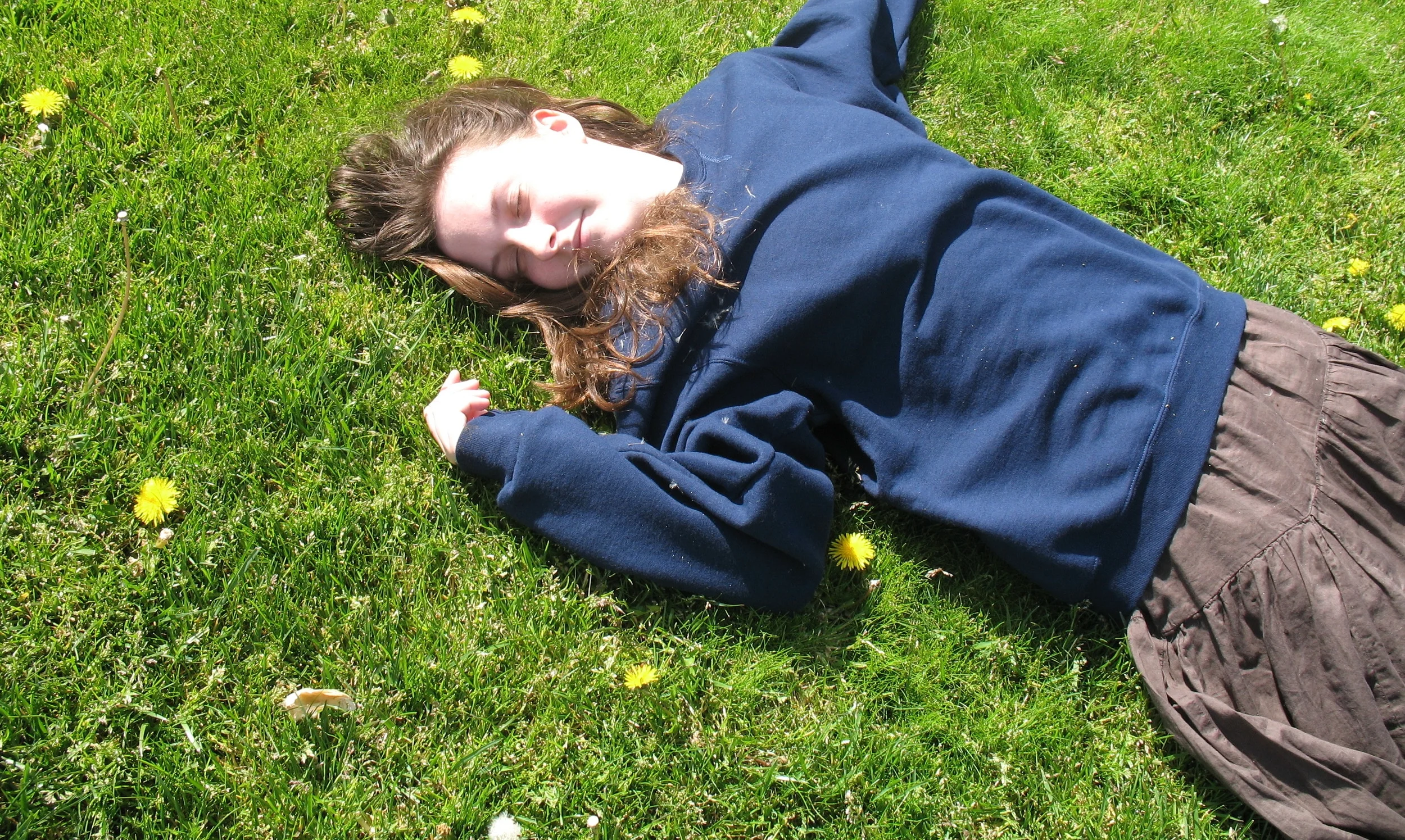If You're Writing About Assault ...
/Content warning: this post will discuss sexual violence
By popular request, I’ve decided to write a post (or rather, rewrite something I posted years ago on an anonymous Tumblr) about a major trend in Young Adult books right now: sexual assault.
As a sexual assault survivor who longed to see myself in literature beyond Laurie Halse Anderson’s Speak, I’m excited to see authors tackling sexual violence in YA literature. However, with this trend obviously comes the issue of how sexual assault is written about. Some YA books about sexual assault are written by authors with limited personal experience , so I thought I’d put together a post (like this one I did about queer stereotypes in YA) on tips for writing about sexual assault.
Sexual assault is not a plot device. I can’t say this enough. It’s not for shock value, waking up drifting readers, or just making a book “edgy” or “modern” (given #MeToo). So if you’re just putting sexual assault in your book casually for shock value, please don’t. It’s serious and if you’re going to put it in your book, you need to do it with tremendous thought and care.
Graphic details aren’t necessary. Most of the YA books I’ve read that I find do justice to sexual assault don’t have tons of graphic details. Sure, they have some, but the details are limited. For example, All the Rage by Courtney Summers just mentions a hand on the survivor’s mouth. A small detail, but not too graphic. Some books mention some physical pain in the aftermath. If you’re adding a bunch of graphic details beyond that, ask yourself why. They aren’t needed to show the reality of how sexual assault impacts survivors, and honestly, graphic details can often come across as being mostly for shock value. It’s YA, not porn (to be blunt).
Survivors react differently. One of my friends moved on pretty normally; one didn’t know it was sexual assault until months later; one had a nervous breakdown; I tried to act normal but inside I totally lost it, though people tell me I seemed normal on the outside. Some days are normal, others are a mess, often for no specific reason. Not everyone melts down, and not everyone can ignore it; vary up your character’s reactions!
Survivors and perpetrators can be anyone. Survivors can identify as any gender and be assaulted by people of any gender. Not all survivors are able-bodied. Not all survivors are white (and people of color are actually more likely to be assaulted). While most perpetrators are white cisgender men, some aren’t.
Assaults can fit different molds. I usually only see two types of assaults in YA literature: an assault at a party where the survivor is drunk, or childhood sexual abuse where the survivor totally hates the abuser, and that’s about it. Oh, and everything happens at night. Assaults can totally fit that mold, but assaults can be totally different. They can be within intimate relationships that already exist, in households, at school, etc. Statistically most assaults happen during the day. And maybe the survivor doesn’t hate the perpetrator completely.
Listen to survivors. Don’t use Law & Order: SVU as your guide. Look at what actual survivors say about their experiences for guidance online, and when they talk about things that bother them in depictions of violence or come to you directly about a problem with something you’ve written, don’t ignore them. (P.S. Feel free to contact me if you have a concern about something you wrote.)
In summary, be intentional, empathetic, and careful. Sexual assault is so important in the lives of young adults, and if you write about it well, you can change someone’s life.
Do you have suggestions for what to add to this list? Comment below or Tweet at me (it can be a DM) and I’ll add it!
Here are things suggested through comments and DMs thus far (edited for grammar and clarity):
Not every assault is rape, and rape isn’t necessarily more severe than other forms of assault.
Putting your rapist in jail isn’t always the goal and isn’t always necessary to healing.
Telling people about a sexual assault isn’t always this moment where everything changes for the better. Sometimes it sucks.


